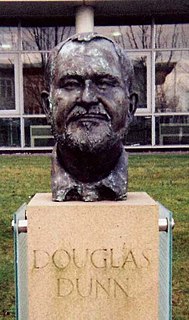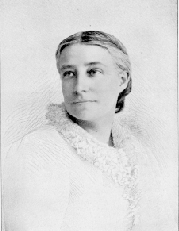A Quote by Charles Baudelaire
The true voyagers are those who go for the sake of traveling . . . and without quite knowing why, they say, 'Let us depart!'.
Related Quotes
My No. 1 piece of advice, especially for someone who's an actor-singer-dancer - a triple threat, they're called! - people say, 'What's the most important?' I always say acting. Without knowing why you're singing or what you're singing about, it's just noise. And without knowing why you're moving your body, it's just flailing of arms.
There is not a more important and fundamental principle in legislation, than that the ways and means ought always to face the public engagements; that our appropriations should ever go hand in hand with our promises. To say that the United States should be answerable for twenty-five millions of dollars without knowing whether the ways and means can be provided, and without knowing whether those who are to succeed us will think with us on the subject, would be rash and unjustifiable. Sir, in my opinion, it would be hazarding the public faith in a manner contrary to every idea of prudence.
There are, first of all, two kinds of authors: those who write for the subject's sake, and those who write for writing's sake. ... The truth is that when an author begins to write for the sake of covering paper, he is cheating the reader; because he writes under the pretext that he has something to say.
Strange is our situation here on Earth. Each of us comes for a short visit, not knowing why, yet sometimes seeming to divine a purpose. From the standpoint of daily life, however, there is one thing we do know: that man is here for the sake of other men - above all for those upon whose smiles and well-being our own happiness depends.
I grew up reading crime fiction mysteries, true crime - a lot of true crime - and it is traditionally a male dominated field from the outside, but from the inside what we know, those of us who read it, is that women buy the most crime fiction, they are by far the biggest readers of true crime, and there's a voracious appetite among women for these stories, and I know I feel it - since I was quite small I wanted to go to those dark places.
He didn't know whether we created God in our own image or whether God created us without quite knowing what he was doing. He believed that God, or whatever brought us here, lives in each of our deeds, in each of our words, and manifests himself in all those things that show us to be more than mere figures of clay.






































